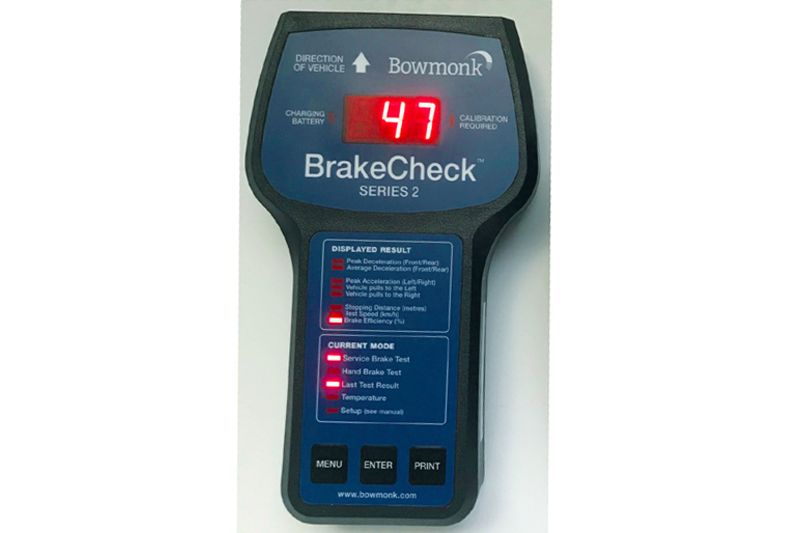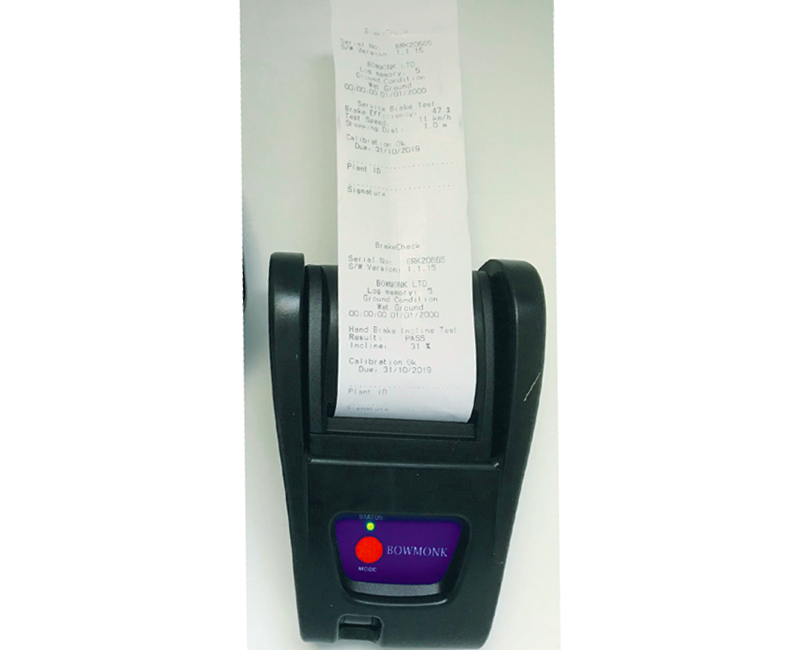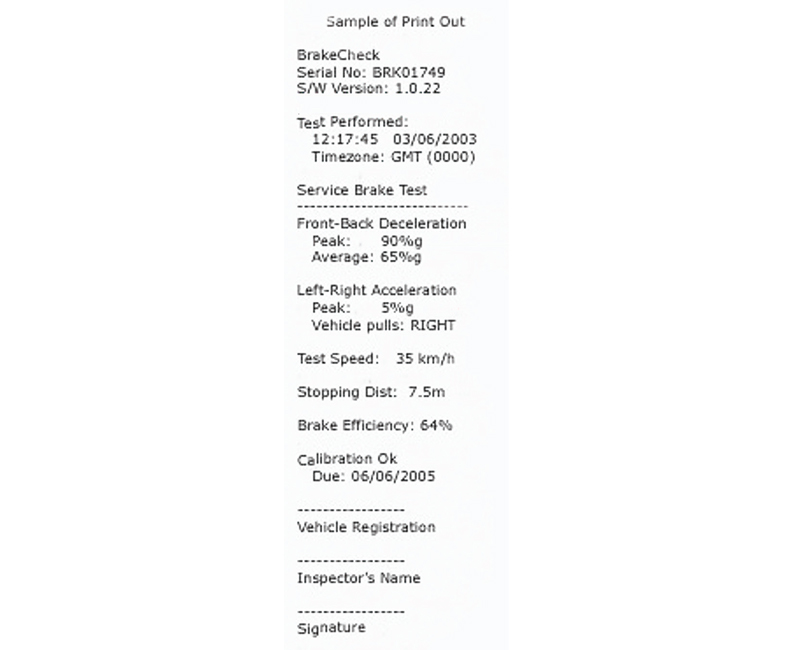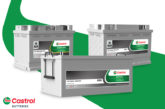
Brake tester manufacturer Bowmonk warns PMM readers of the importance of thoroughly checking and servicing brakes on LCVs and trucks.
When the PMM team caught up with Alex Lindley from Garage Indsutry Trends for a recent podcast episode, it came up that brakes are the third most common reason why vehicles fail their MOT. This figure stands at 19.05 per cent, according to the company’s data. An observation discussed in a conversation with a policy technical specialist at the DVSA, raised this point:
Could the main reason for this be the fact that there are still workshops who, when performing a general interim safety check, are either not carrying out a brake performance test or are simply relying on a visual inspection, hoping the annual MOT test will return a positive result?

Roadside checks on LCVs carried out by the DVSA also attributed to this, for at various locations it was also revealed that an avoidable oversight can result in a heavy fine for the driver, an immediate prohibition on the vehicle and a DVSA visit to the operator. All of which can be avoided if regular checks are carried out.
Visual exercise
A point worth noting in defence of the operator: With the exception of braking performance, levels of exhaust emission and headlamp aim, the six-weekly inspection is, in the main, a visual exercise, and can be carried out at the operator’s premises.

But when it comes to providing an interim brake test result, this would typically require a ‘voluntary’ brake test at a DVSA testing station or ATF, costing anything from around £15 per axle. Add to this a possible re-test fee and considerable vehicle/driver downtime and you can appreciate the statistics being as they are. ‘Accountability’ and ‘duty of care’ are important areas surrounding general vehicle roadworthiness and, in particular, braking efficiency.
A van or truck has an accident, shunting the vehicle in front of him. Was it driver error or brake failure through poor servicing? Not having any record of an interim brake test result can leave the driver completely vulnerable. Regular brake test results will establish any trends in a vehicle’s braking performance, as checking results against previous tests will identify any defects.









